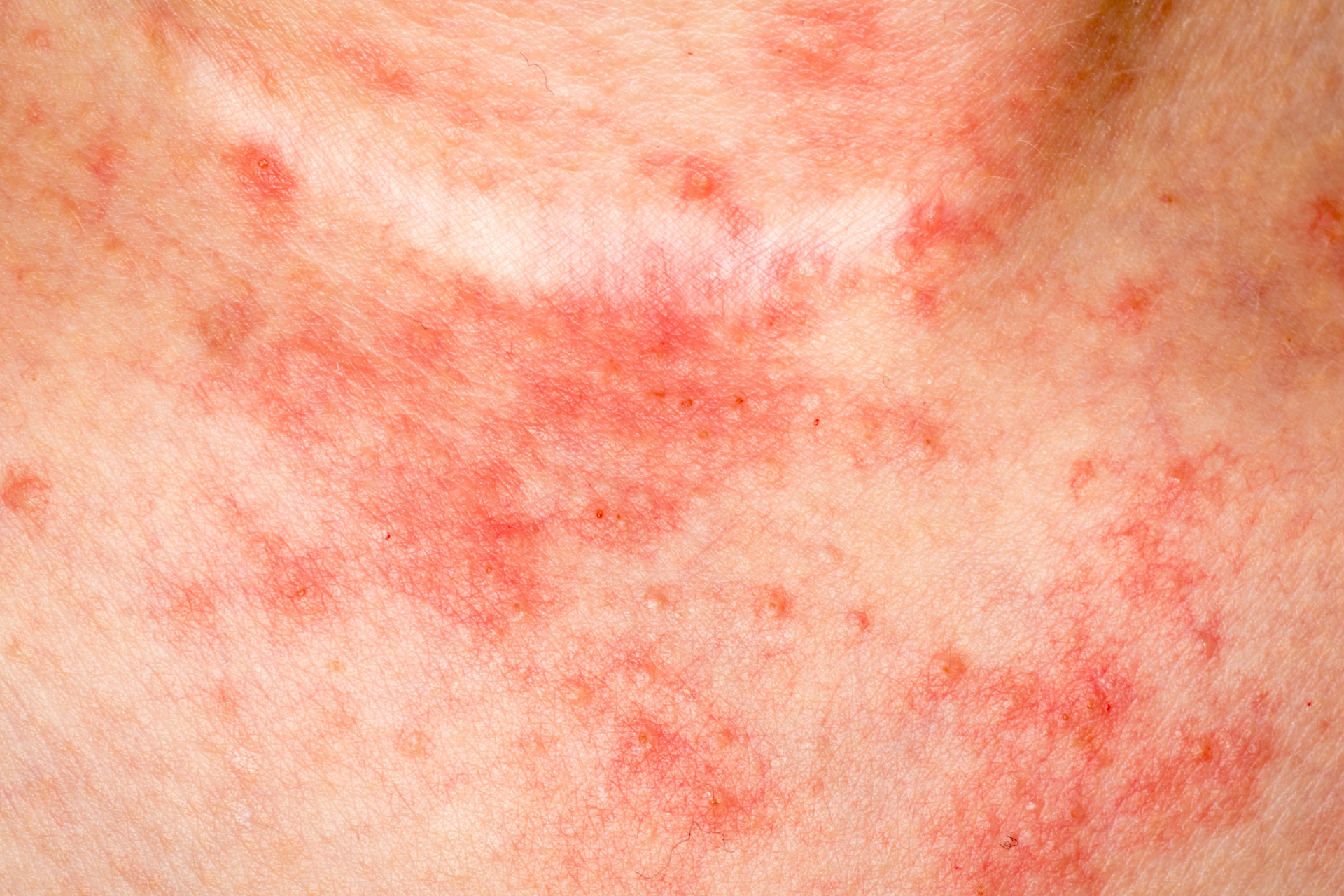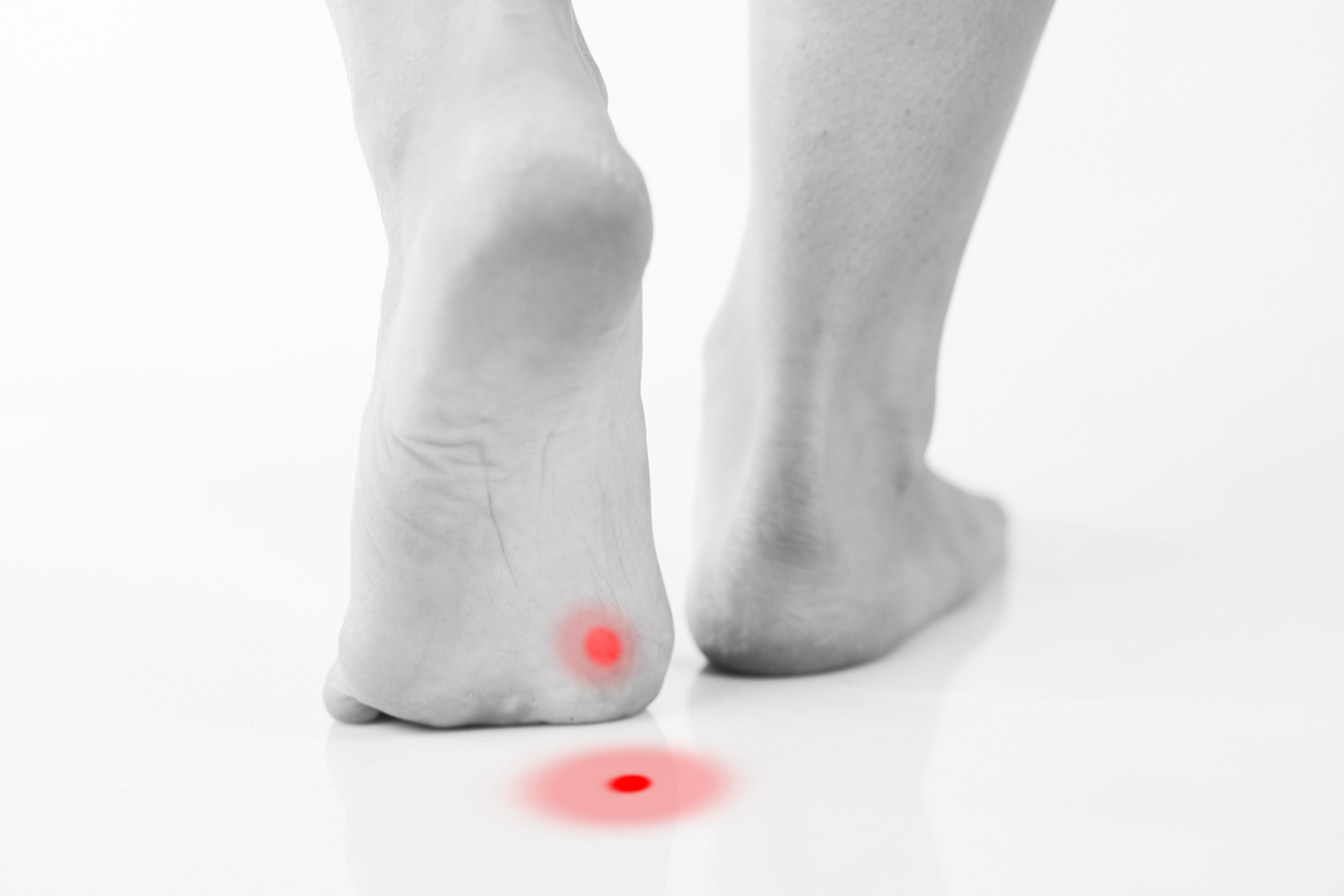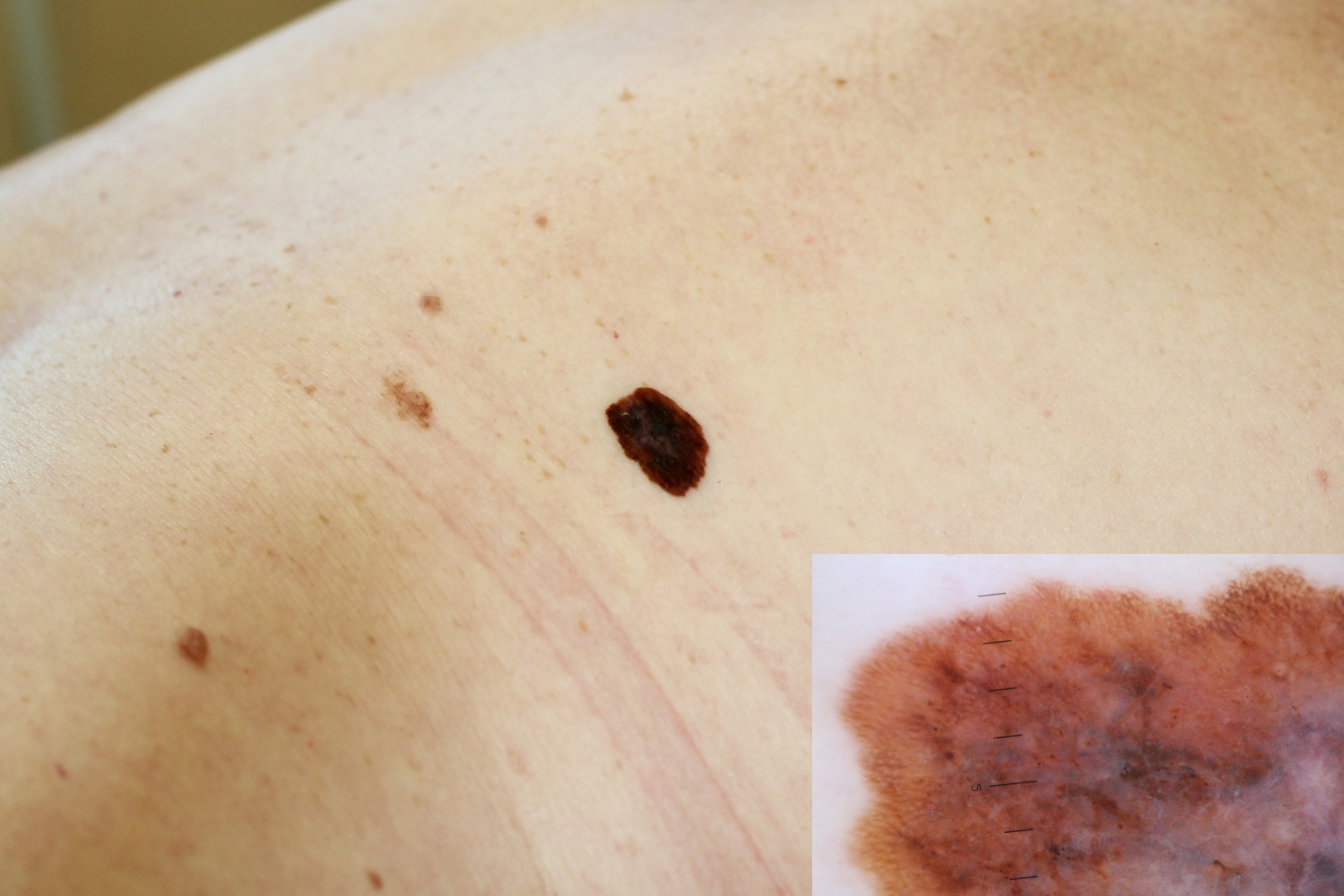Managing Eczema: Tips for Relief and Treatment Options

As a common skin condition affecting millions of individuals worldwide, eczema can be frustrating and uncomfortable to deal with. Understanding the triggers and effective management strategies can help provide relief and improve the quality of life for those living with eczema. At Fall Creek Skin and Health Clinic, we aim to provide comprehensive care for a variety of skin-related concerns, including eczema. In this blog post, we will explore some valuable tips for managing eczema and discuss various treatment options available to help alleviate symptoms.
What is Eczema?
Eczema, also known as atopic dermatitis, is a chronic inflammatory skin condition characterized by red, itchy, and inflamed patches of skin. It can vary in severity and may be triggered by factors such as genetics, environmental irritants, allergens, stress, and certain foods. Eczema can impact individuals of all ages, from infants to adults, and often requires a personalized approach to management.
Tips for Managing Eczema:
1. Moisturize regularly
Keeping the skin well-hydrated is essential for managing eczema. Use a fragrance-free, hypoallergenic moisturizer to lock in moisture and prevent dryness, especially after bathing or showering.
2. Identify triggers
Pay attention to potential triggers that exacerbate your eczema symptoms, such as certain fabrics, soaps, detergents, or environmental factors. Avoid or minimize exposure to these triggers whenever possible.
3. Practice good skincare
Opt for gentle, non-irritating skincare products that are suitable for sensitive skin. Avoid hot showers or baths, as they can strip the skin of its natural oils and worsen dryness.
4. Wear appropriate clothing
Choose soft, breathable fabrics like cotton to reduce irritation and allow your skin to breathe. Avoid tight-fitting clothing that can rub against sensitive areas.
5. Manage stress
Stress can trigger or worsen eczema flare-ups. Practice relaxation techniques such as deep breathing, meditation, or yoga to help alleviate stress and promote overall well-being.
Treatment Options for Eczema:
1. Topical Steroids
Prescription-strength topical corticosteroids are commonly used to reduce inflammation and relieve itching in individuals with eczema. It is crucial to use these medications under the guidance of a healthcare provider to minimize potential side effects.
2. Moisturizing Creams
Emollients and moisturizing creams can help repair the skin barrier, reduce dryness, and prevent moisture loss. Regular application of these products can improve skin hydration and comfort.
3. Antihistamines
Oral antihistamines may be recommended to help relieve itching and promote better sleep for individuals with eczema. Consult with a healthcare provider before using these medications.
4. Phototherapy
Light therapy, also known as phototherapy, involves exposing the skin to ultraviolet light under medical supervision to reduce inflammation and improve symptoms of eczema.
At Fall Creek Skin and Health Clinic, our experienced dermatologists and healthcare providers are dedicated to providing personalized care and treatment options for individuals suffering from eczema. If you are struggling to manage your eczema symptoms, schedule a consultation with our team to discuss your concerns and develop a tailored treatment plan to address your specific needs.
Managing eczema requires a multifaceted approach that focuses on identifying triggers, practicing good skincare habits, and exploring treatment options that work best for you. By incorporating these tips into your daily routine and seeking professional guidance when needed, you can take proactive steps towards managing your eczema effectively and improving your skin health and overall well-being.
Remember, you are not alone in your eczema journey, and Fall Creek Skin and Health Clinic is here to support you every step of the way. Take control of your eczema today and prioritize your skin health for a happier and healthier future.




